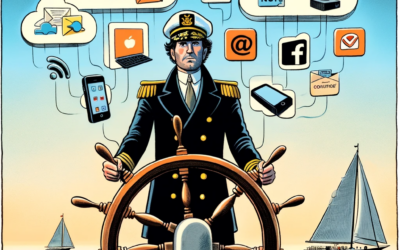 When I was growing up, there was a group of six of us that hung out. As a group, we shared a certain sense of superiority. We came from wealthier families than most of the kids at our school, and we thought of ourselves as smarter, perhaps because of our successes and/or the successes of our parents. We were all Jewish, too. These factors, individually and collectively, don’t make someone superior, of course. And if this is all you share, then you don’t likely meet most definitions of friendship. We considered each other friends, but we didn’t really behave like friends. We certainly did not have each others’ backs.
When I was growing up, there was a group of six of us that hung out. As a group, we shared a certain sense of superiority. We came from wealthier families than most of the kids at our school, and we thought of ourselves as smarter, perhaps because of our successes and/or the successes of our parents. We were all Jewish, too. These factors, individually and collectively, don’t make someone superior, of course. And if this is all you share, then you don’t likely meet most definitions of friendship. We considered each other friends, but we didn’t really behave like friends. We certainly did not have each others’ backs.
My narrative of growing up is largely the story of being part of this group of guys. What saved me–both me personally and narrative-wise–were my escapes. I escaped to Camp Thunderbird in Bemidji, Minnesota (every summer for 9 years), Outward Bound, and American Field Service to New Zealand. When I say “escape,” I not only left my single storyline during these sojourns, I was also escaping from a narrative of never measuring up and never feeling good enough, because that is how my “friends” influenced my feelings.
In college and early in my career, I still felt their influence. I strove hard to measure up and feel good enough. My business partner and I built a company from 2 employees to 2,000 and took it public on the Nasdaq. That helped me feel good, but what made me feel better was the way we built our company–by empowering others to lead themselves. Our team members worked within our mission and values, and toward our vision, and they were held accountable for their results, but we didn’t tell them who to be or make them feel like we didn’t have their backs. We encouraged leadership and ideas at every level of the organization.
These days I help entrepreneurs establish a mission, vision, and values that allow everyone in their companies to feel clear and good about the work they’re doing (or leave if they don’t). Entrepreneurs and organizations ought to be able to tell compelling and inclusive stories. Everyone in the organization need not be friends, and disagreements should, in fact, be encouraged (to improve decision-making), but the culture should be friendly and open. People should feel encouraged to lead and to help define the organization. When people feel encouraged to belong, they will contribute like they do.
I am no longer friends with all of the original six in my group, but I am truly friends with several. And, as importantly, I know how to define friendship and the values that are most important to me.



